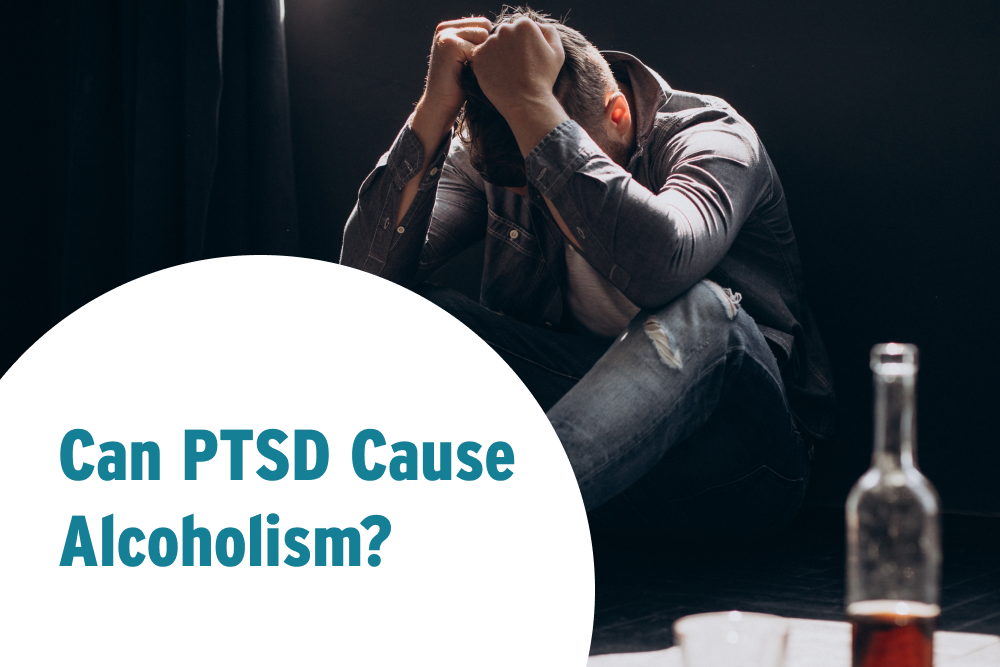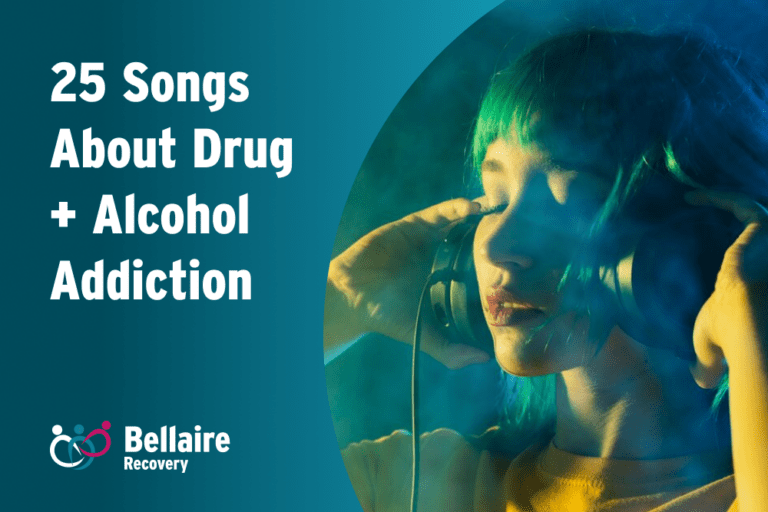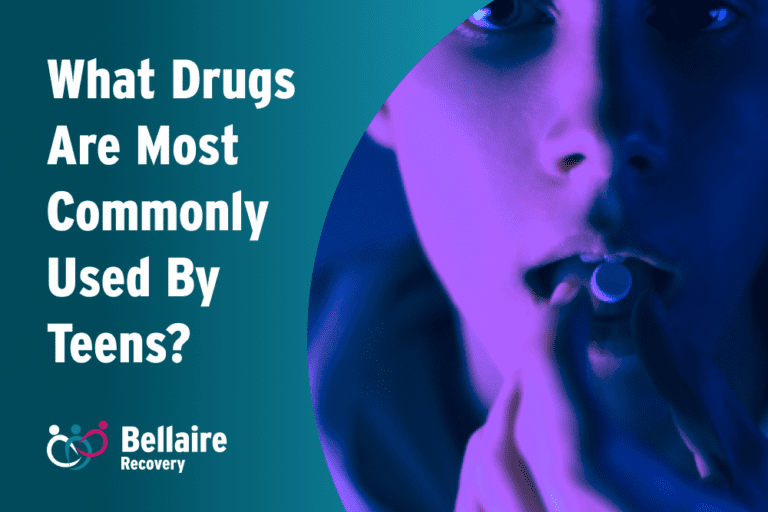PTSD and alcoholism are often co-occurring conditions. Primarily, individuals suffering from traumatic experiences often turn to alcohol to numb the pain. But if not addressed, alcohol and PTSD will prove to be a lethal mix in the long run.
In this post, we will discuss complex trauma and alcohol addiction to help families provide support for their loved ones struggling with this condition.
What is PTSD?
PTSD stands for Post-Traumatic Stress Disorder, a serious mental health condition caused by traumatic events in a person’s life. It can be an extremely shocking, dangerous, or scary experience, which continues to trigger a sense of fear in a person.
In general, PTSD is often associated with combat veterans who have seen and witnessed violence on the field. But overall, anyone can develop PTSD, regardless of age, gender, or socioeconomic status.
While it’s normal to feel fear when remembering certain traumatic events, those with PTSD experience disruptive symptoms. This includes:
- Flashbacks, including distressing and vivid memories that relieve the traumatic event
- Nightmares related to the traumatic event they experienced
- Intrusive thoughts, including distressing images, memories, and sensations associated with their trauma
- Avoidance of anything that reminds them of their trauma
- Emotional numbness, feeling detached from others, or having extreme mood swings
- Hypervigilance and being paranoid of their surroundings
- Negative beliefs and feelings about their selves and the world.
- Memory and concentration issues, including not remembering key aspects of the traumatic event
- Hyperarousal, including getting startled easily, difficulty sleeping, and having angry outbursts
Take note that PTSD will significantly impact a person’s daily life and can have a serious effect on their personal relationships and overall well-being. Without proper treatment and support, those with PTSD may also spiral into severe depression and self-harm.
PTSD and alcohol abuse
According to the National Center for PTSD, women who have PTSD at some point in their lives are 2.5 times more likely to experience alcohol abuse. Also, men are twice as likely to develop alcohol problems if they have PTSD compared to those who aren’t suffering from the condition.
The relationship between PTSD and drinking has always been complicated to navigate, especially among the person’s family members. If your loved one is struggling with this condition, here are 7 things you need to know:
1. People with PTSD use drinking to cope
CPTSD and alcohol have always been entangled with each other. It’s found that individuals with post-traumatic stress disorder turn to alcohol as a coping mechanism.
As alcohol impairs the senses and cognitive abilities of a person, it somehow gives those with PTSD a short-lived escape from their symptoms.
For example, alcohol numbs symptoms of PTSD like nightmares, intrusive thoughts, and flashbacks.
With that, people struggling with PTSD use alcohol to self-medicate, which only puts them in a vicious cycle of alcohol dependence.
2. PTSD and alcohol abuse worsen each other
Does alcohol make PTSD worse? Alcohol abuse secondary to PTSD or vice versa often gets worse without proper intervention. The more the person drinks, the more intense the alcohol dependence and PTSD symptoms will be.
Although alcohol may seem to drown PTSD symptoms for a while, it will become worse when the effects of the substance wear off.
In the long run, the person struggling with PTSD may suffer from strong bouts of intrusive thoughts, irritability, paranoia, and sleep problems.
Also, if the trauma-related distress brought by PTSD isn’t clinically addressed, it will only push the person to keep drinking.
Overall, this cycle causes a compounding effect on the negative repercussions of alcohol intake and psychological aspects of PTSD.
3. Drinking prolongs PTSD
As the person evades clinical treatment, the complex trauma alcohol worsens only becomes more evident.
As the person gets instant yet temporary relief from the symptoms of PTSD through alcohol, he might be reluctant to seek professional help.
When this happens, PTSD only lingers and worsens. In that case, continuous alcohol dependence will stop the trauma-drunk person from getting the right treatment he needs.
4. The symptoms of PTSD with alcohol use disorder vary widely.
Living with someone with PTSD and alcoholism is extremely challenging as the symptoms vary widely.
Some individuals struggling with PTSD may have intense anxiety, aggression, or depression. However, some may appear to have severe anger issues.
Unfortunately, alcoholism will only make things worse at this point. The substance tends to amplify the symptoms the person is already experiencing, which family members and loved ones will find difficult to navigate.
5. It can lead to severe health problems.
Take note that PTSD and alcoholism symptoms go beyond the psychological aspect. If not treated, these two conditions will lead to serious physical conditions.
First of all, chronic heavy drinking will damage vital organs like the liver, kidney, and heart. As PTSD-induced alcoholism takes a toll on the person’s health, it will only worsen the psychological symptoms of the condition.
In the long run, the person may start to engage in risky behaviors, including self-harm.
6. Trauma and alcoholism can cause more psychological problems
Alcoholism and PTSD aren’t only confined to the vicious cycle of each other. Without professional help, these two conditions can also trigger other mental health disorders like depression, anxiety, social isolation, strained relationships, guilt, shame, and distrust.
In the long run, these branching mental health conditions will make it more difficult to address PTSD during therapy.
7. Dual diagnosis & treatment are necessary
The only way to treat PTSD with alcohol use disorder is through a comprehensive dual diagnosis. With this modality, the treatment center diagnoses not only the addiction but also the co-occurring conditions that caused them or vice versa.
Through this approach, the person with PTSD can heal from his trauma and overcome the alcohol dependence he used as self-medication.
During treatment, the person will undergo a series of evidence-based therapies. This includes trauma-focused therapy, cognitive behavioral therapy, dialectical behavior therapy, and more. This entire approach is individualized based on the unique needs of the person struggling with PTSD.
How to help someone with PTSD and alcoholism
Helping someone who’s a ‘trauma drinker’ can be challenging for family members. More often than not, the person is reluctant to seek help and would prefer to turn to alcohol to manage their psychological symptoms.
Still, recovery is always possible. You can help someone struggling with this condition through the following:
- Understand what they are going through. It’s easy to get angry and frustrated when dealing with a loved one with PTSD and alcohol dependence. However, by understanding the complexity of their disease, you’ll be able to give the support and empathy they need.
- Offer healthy coping mechanisms. While you can’t ‘cure’ a person with PTSD overnight, you can bring them closer to recovery by offering healthy coping mechanisms. You can encourage them to exercise with you or explore hobbies they enjoy.
- Introduce professional treatment. The best way to help someone with PTSD and alcohol dependence is to encourage them to see a professional. This way, they can start receiving the care they need for both conditions.
- Offer support groups. If your loved one with PTSD is reluctant to enroll in a treatment program, you can start by encouraging them to join support groups. This sense of community will eventually help encourage the person to finally enter treatment.
- Help create a stable environment. If possible, you should promote a stable and calm environment to reduce potential triggers. Also, try to remove any distractions or influences that could worsen the person’s alcohol and EtOH abuse.
Bellaire Recovery is here to help 24/7
Post-traumatic stress disorder can lead to alcoholism without proper intervention. The good thing is that Bellaire Recovery is here to help 24/7. If you or a loved one is struggling with these conditions, don’t hesitate to call our hotline and our specialist will be there to lend a helping hand.
With the help of our addiction treatment center, you or someone you know can finally break free from the grips of PTSD. We also provide a holistic detox program to help those struggling with alcoholism to achieve sobriety.
Our clinical team composed of medical doctors, registered nurses, therapists, counselors, and addiction technicians will be with you every step of the way.
The best part is that you’ll receive our addiction and mental health treatments in a calm and luxurious environment. With us, you’ll have a safe haven far from your triggers, complete with round-the-clock medical supervision.
If you want to know more about our PTSD and alcoholism treatment programs, call us today. We can also start your admissions process right away – all you have to do is commit to change.




